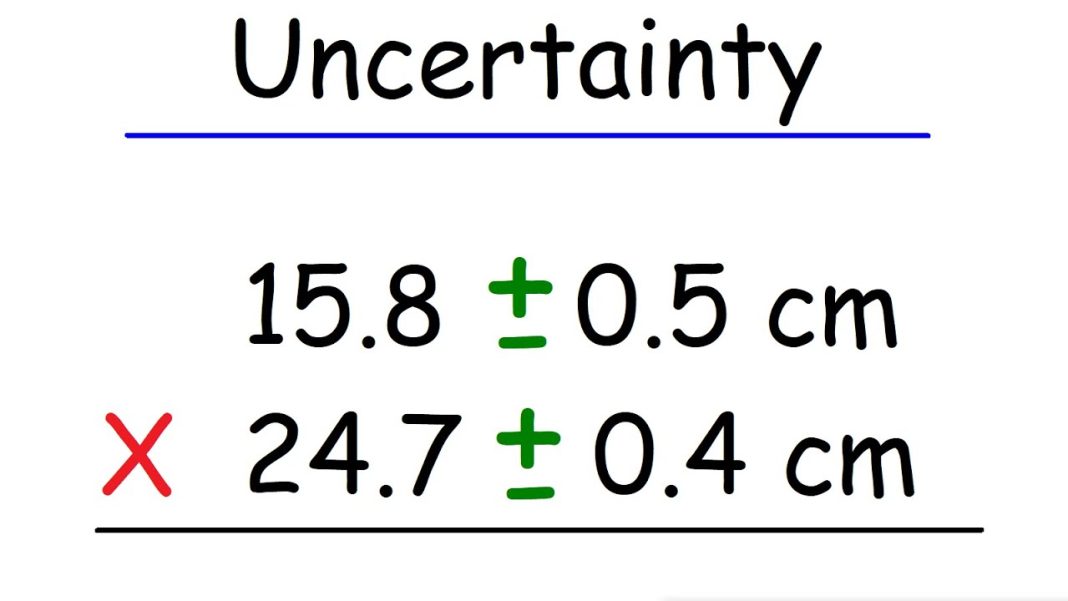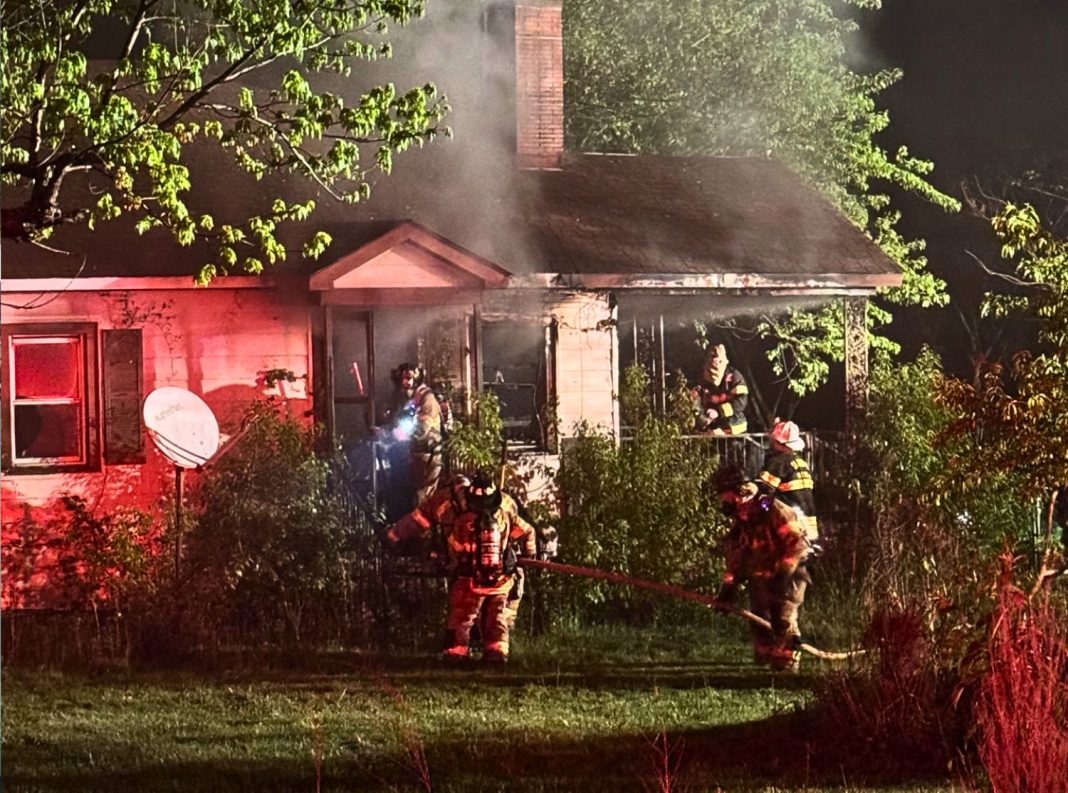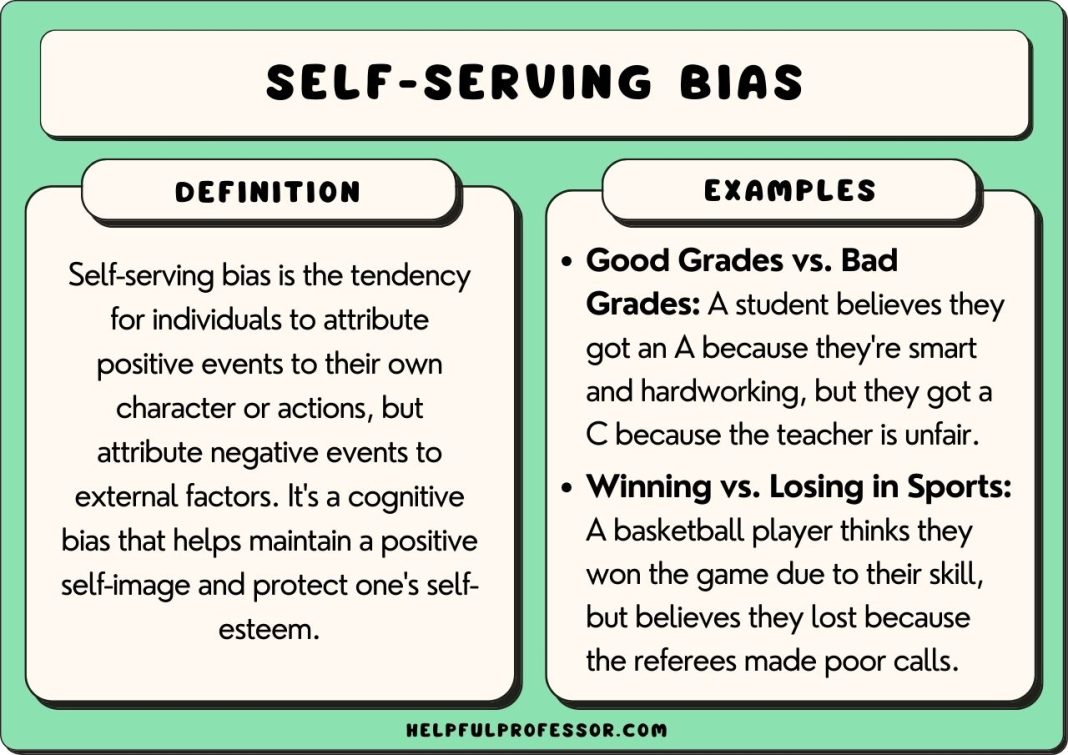 Ultraconservative Iranian President Ebrahim Raisi and his foreign minister were tragically killed in a helicopter crash in Iran’s remote northwest. This incident has injected fresh uncertainty into the country’s hardline clerical establishment as it navigates rising regional tensions and domestic discontent. The loss of these influential political figures comes at a time when Iran is grappling with significant economic and political strain, with tensions with nearby Israel reaching dangerous levels.
Ultraconservative Iranian President Ebrahim Raisi and his foreign minister were tragically killed in a helicopter crash in Iran’s remote northwest. This incident has injected fresh uncertainty into the country’s hardline clerical establishment as it navigates rising regional tensions and domestic discontent. The loss of these influential political figures comes at a time when Iran is grappling with significant economic and political strain, with tensions with nearby Israel reaching dangerous levels.
The drone footage of the helicopter wreckage showed the crash site on a steep, wooded hillside, with little remaining of the helicopter beyond a blue and white tail. The crash occurred as Raisi and Foreign Minister Hossein Amir-Abdollahian were returning from a ceremony for the opening of a dam on Iran’s border with Azerbaijan.
Under Raisi’s leadership, Iran’s hardline establishment has faced significant challenges, including youth-led demonstrations against clerical rule and grim economic conditions. The country has witnessed a widening crackdown on dissent since nationwide protests broke out over the death of a young woman in the custody of the morality police.
Following Raisi’s death, Iran’s government convened an “urgent meeting” to appoint a new president who can garner support from the clerical establishment. The next in line for presidential succession is Vice President Mohammad Mokhber, who must be approved by Supreme Leader Ayatollah Ali Khamenei.
Raisi’s presidency marked a new era of hardline rule in Iran. He was elected in a contest heavily engineered by the political elite, leading to accusations that the clerical establishment selected rather than elected the president. Many activists called for reforms, but overall voter turnout was the lowest since the establishment of the Islamic Republic.
In terms of foreign policy, Raisi presided over Iran-backed attacks against Israel, signaling a show of force not seen in nearly two decades. He also spurned negotiations with the US over Iran’s nuclear program, dealing a blow to talks aimed at reviving the 2015 nuclear deal. Instead, he looked to strengthen ties with China and repair diplomatic relations with Saudi Arabia and the UAE.
While Iran’s economy has shown signs of rebounding, the nation remains shackled by sanctions, with social movements brutally repressed. Raisi’s sudden death has further shaken the country’s political structure.
Overall, Raisi’s presidency was marked by a hardline approach to dissent and human rights, leading to accusations of crimes against humanity. His death leaves a void in Iran’s political landscape, and the appointment of a new president will have significant implications for the country’s future direction.


